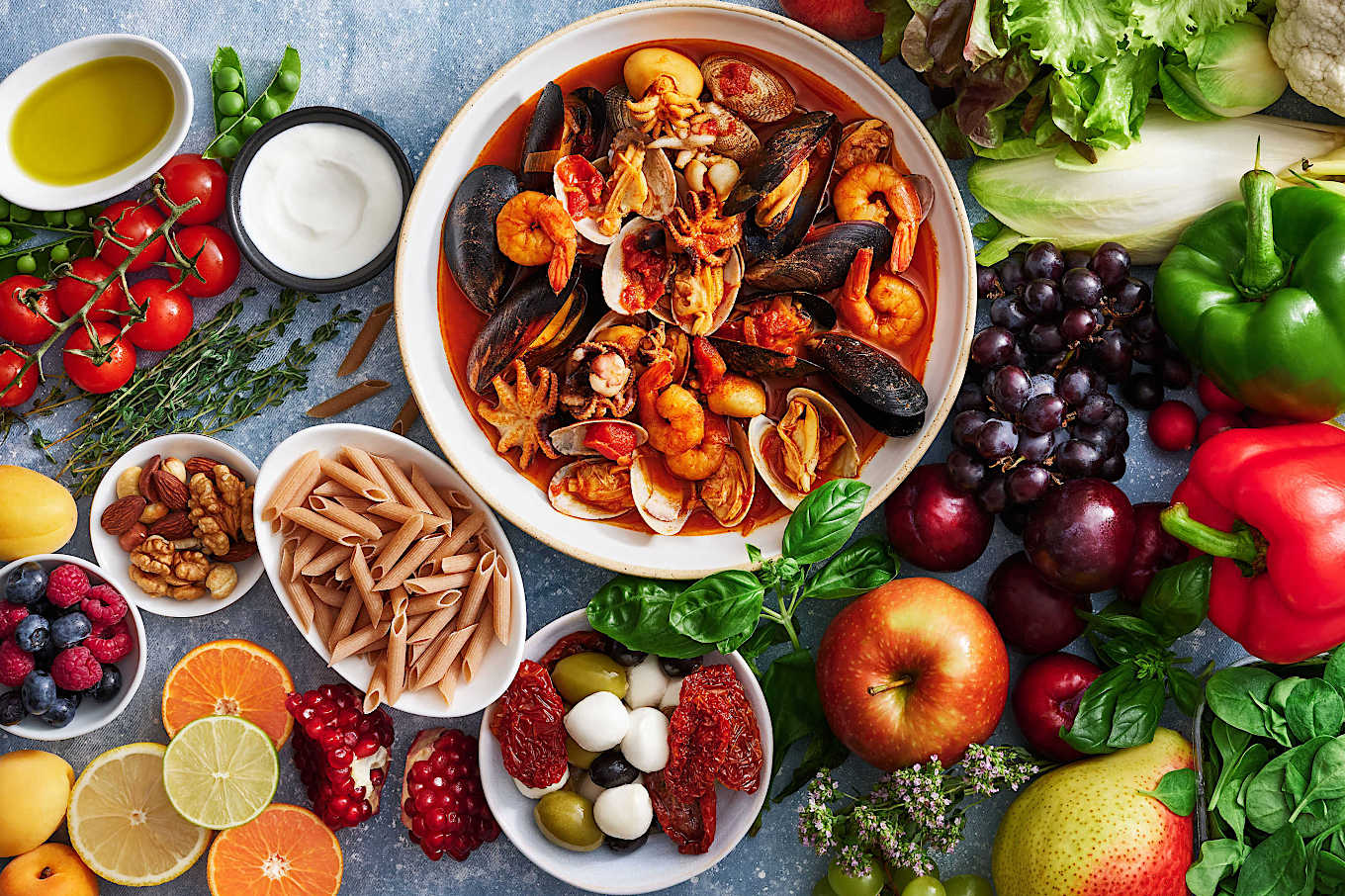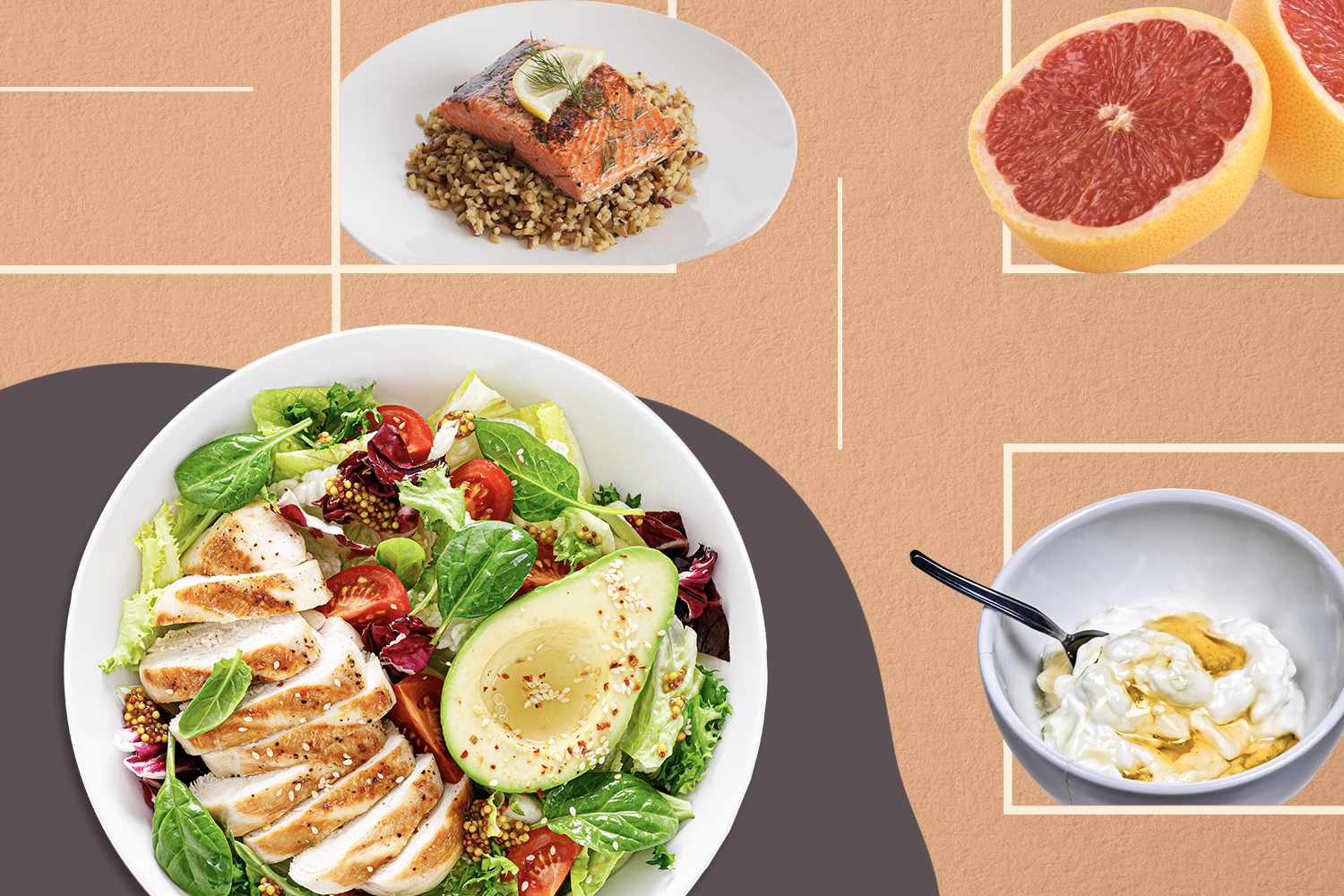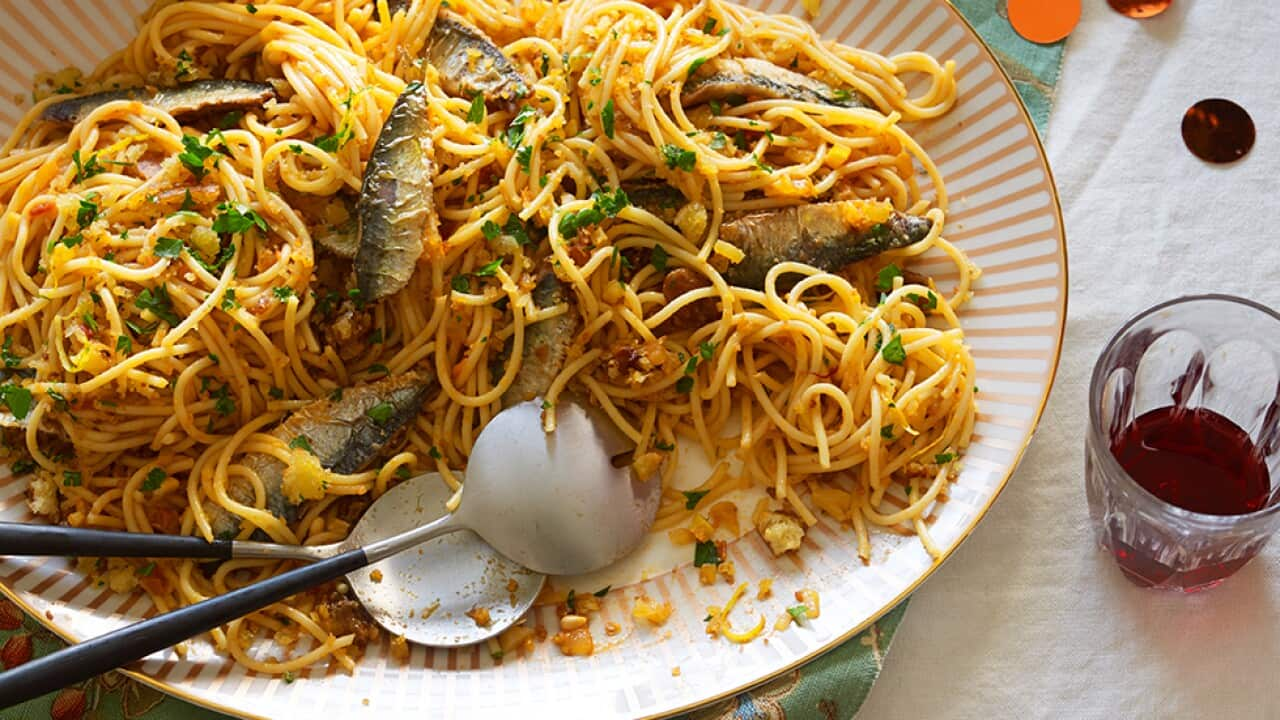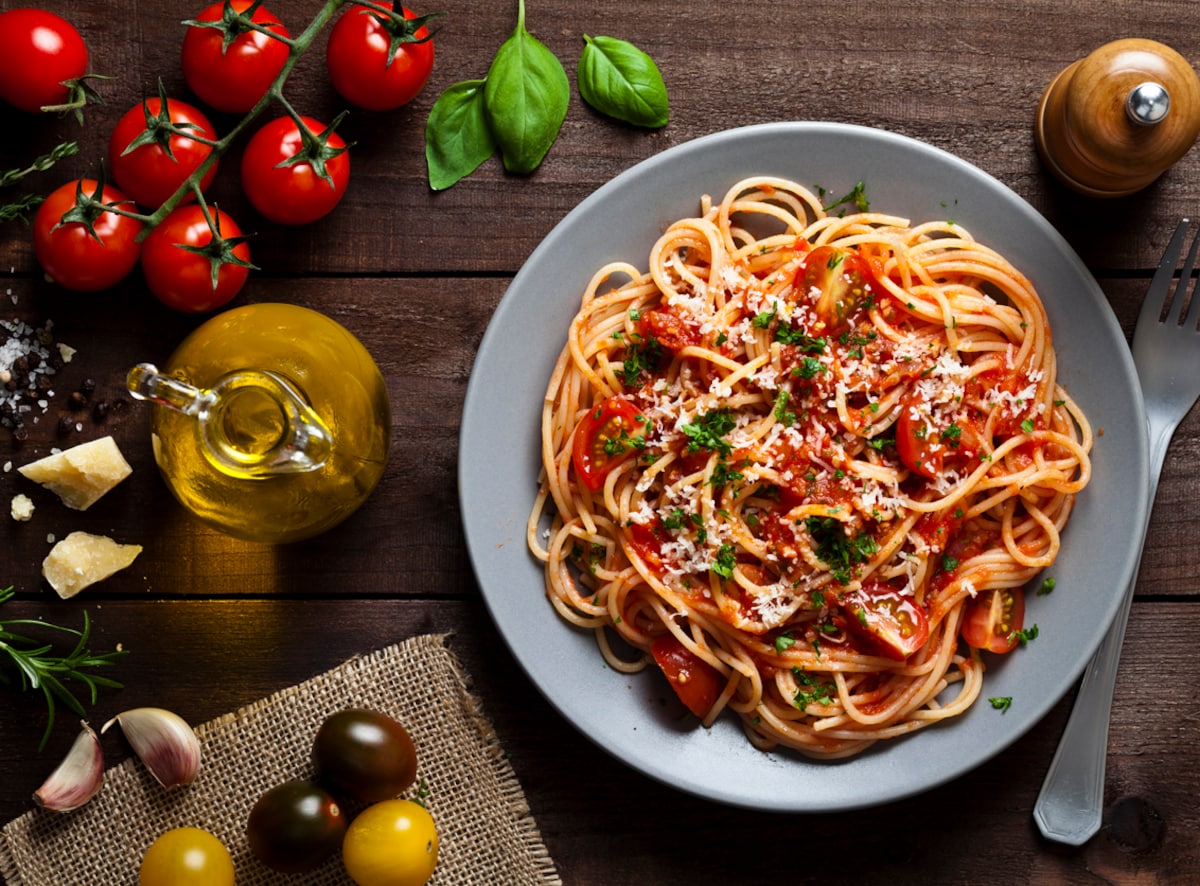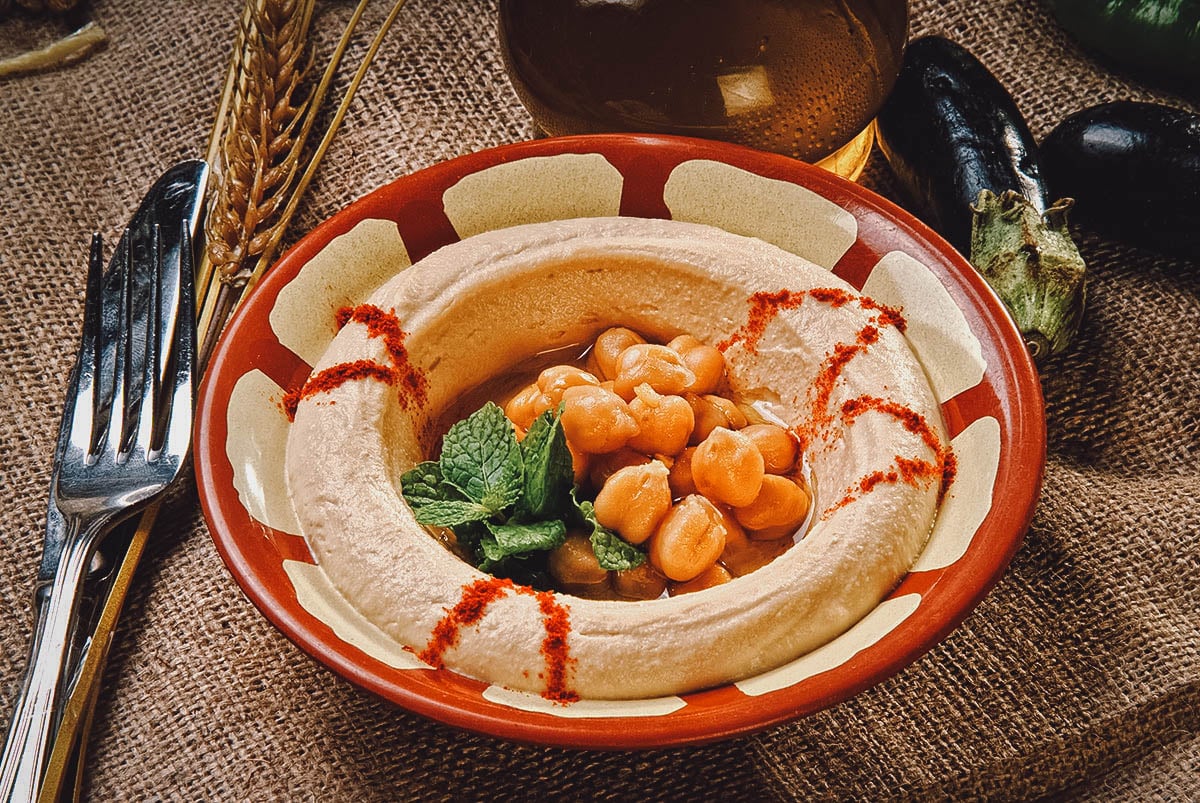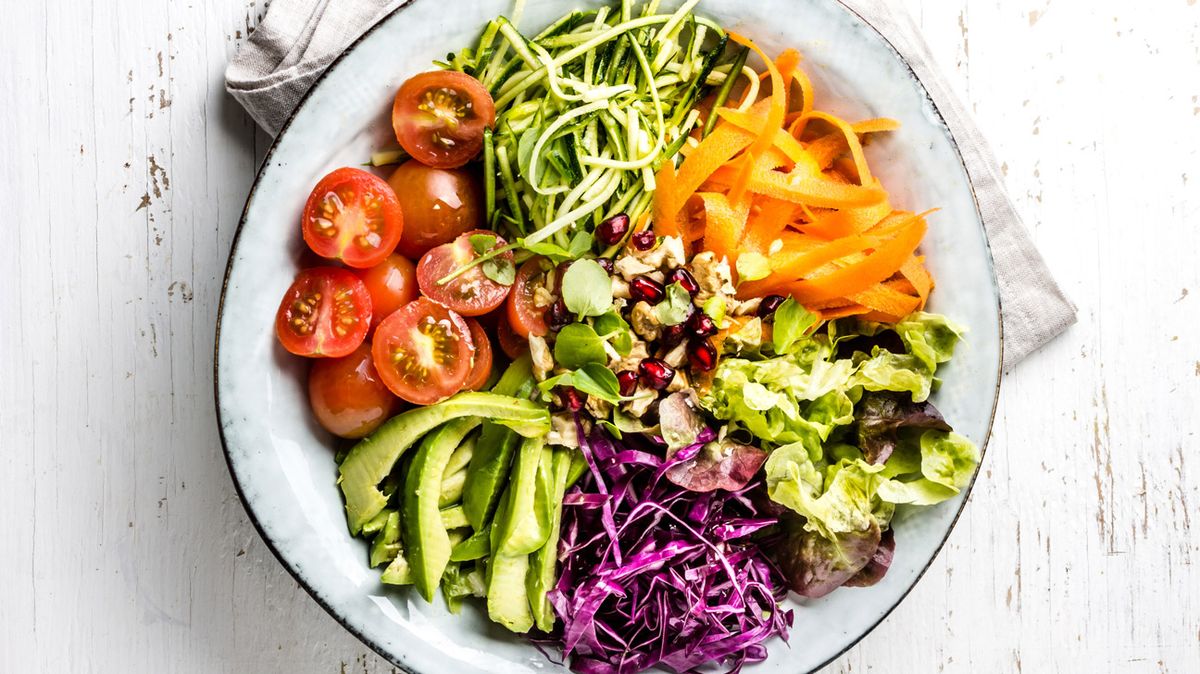Discover the Delights of Mediterranean Cuisine
Are you ready to embark on a culinary journey to the Mediterranean? The Mediterranean diet is renowned for its delicious and nutritious dishes that are not only satisfying but also beneficial for your health. From Greece to Italy, and from Spain to Turkey, the Mediterranean region offers a diverse array of flavors and ingredients that are sure to tantalize your taste buds. Here’s how you can enjoy and savor the best of Mediterranean food:
Embrace Fresh and Flavorful Ingredients
One of the hallmarks of Mediterranean cuisine is its emphasis on fresh and flavorful ingredients. From ripe tomatoes and crisp cucumbers to fragrant herbs and robust olive oil, the Mediterranean diet is all about celebrating the natural goodness of the earth. When preparing Mediterranean dishes, be sure to prioritize the use of fresh produce and high-quality ingredients to truly capture the essence of this vibrant culinary tradition.
Explore a Variety of Dishes
Mediterranean cuisine is incredibly diverse, offering a wide range of dishes that cater to different tastes and preferences. Whether you’re a fan of seafood, love indulging in hearty stews, or prefer light and refreshing salads, there’s something for everyone in Mediterranean food. Some must-try dishes include:
- Fresh Greek salad with feta cheese, olives, and crisp vegetables
- Spanish paella bursting with seafood and aromatic saffron
- Italian bruschetta topped with ripe tomatoes, basil, and a drizzle of olive oil
- Turkish kebabs marinated in fragrant spices and grilled to perfection
Appreciate the Art of Slow Dining
In Mediterranean culture, meals are not just about nourishment; they are a time to savor and enjoy the company of loved ones. Embrace the art of slow dining by taking the time to appreciate each bite, engage in meaningful conversations, and truly immerse yourself in the dining experience. Whether you’re dining al fresco in a charming Italian trattoria or enjoying a leisurely meal at a seaside taverna, allow yourself to fully embrace the relaxed and unhurried pace of Mediterranean dining.
Pair Your Meals with Local Wines
No Mediterranean meal is complete without a glass of local wine to complement the flavors of the food. Whether you opt for a crisp Greek Assyrtiko, a bold Spanish Rioja, or a refreshing Italian Pinot Grigio, the Mediterranean region boasts an impressive selection of wines that are the perfect accompaniment to your dining experience. Take the time to explore and savor the unique characteristics of each wine, and allow them to elevate your meal to new heights of enjoyment.
Indulge in Sweet Mediterranean Treats
After a satisfying meal, be sure to save room for some delectable Mediterranean desserts. From creamy Italian gelato and flaky baklava to citrus-infused Greek yogurt and honey-drenched pastries, the Mediterranean region is home to a delightful array of sweet treats that are sure to satisfy your sweet tooth. Indulge in these luscious desserts as a perfect ending to your Mediterranean dining experience.
So, whether you're dining at a local Mediterranean restaurant or preparing a meal at home, keep these tips in mind to fully savor and enjoy the rich and diverse flavors of Mediterranean cuisine. Embrace the freshness of the ingredients, explore a variety of dishes, appreciate the art of slow dining, pair your meals with local wines, and indulge in sweet Mediterranean treats. Bon appétit!

